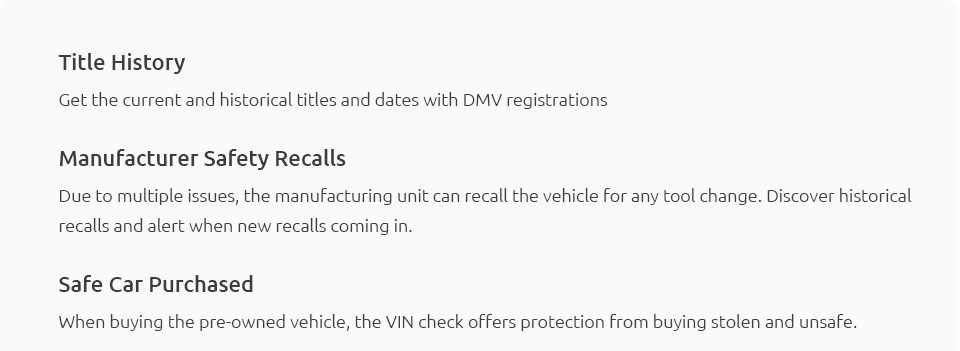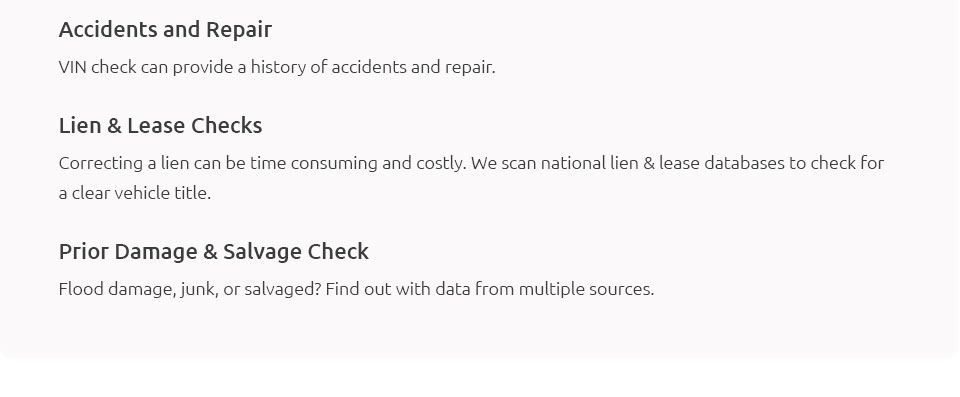 |
 |
 |
 |
 |
||
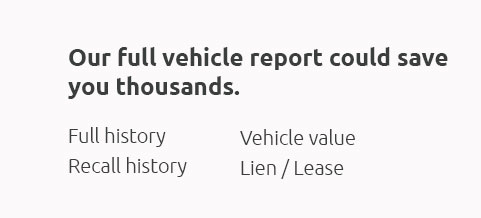 |
 |
|
 |
 |
|
 |
 |
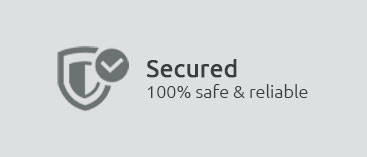 |
 |
||
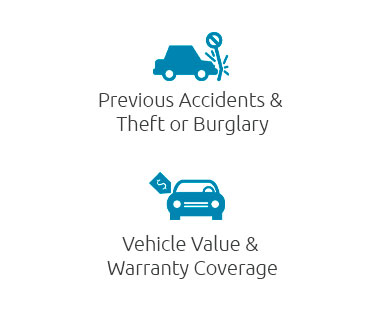 |
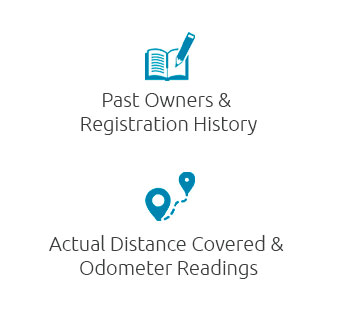 |
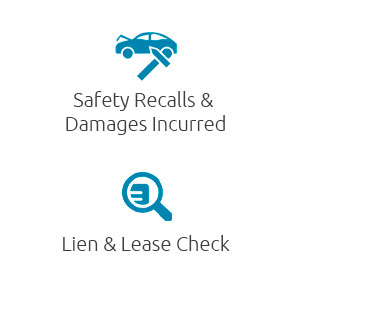 |
 |
 |
 |
||||
|
||||
 |
 |
Stolen Motorcycle VIN Check: A Comprehensive GuideIn the world of motorcycles, where the roar of engines and the freedom of the open road captivate enthusiasts, the issue of theft remains a persistent concern. A stolen motorcycle can be a devastating loss, both emotionally and financially. One crucial step in combating this problem is conducting a VIN check, a vital tool that can help determine the history of a motorcycle and ensure it's not stolen. This article delves into the intricacies of stolen motorcycle VIN checks, offering insights, opinions, and guidance on how to navigate this essential process. The Vehicle Identification Number, or VIN, serves as a motorcycle's unique fingerprint. Comprising 17 characters, this code provides a wealth of information about the vehicle, from its manufacturer and model year to its specific production number. Checking a motorcycle's VIN is akin to peeling back layers of its history, revealing any potential red flags that might be lurking beneath the surface. Why is a VIN check important, you might ask? For starters, it's a preventive measure against purchasing stolen property. Stolen motorcycles often have altered or tampered VINs, a telltale sign of illicit activity. By conducting a VIN check, prospective buyers can ensure that the motorcycle they're considering hasn't been reported stolen. This not only protects their investment but also contributes to reducing the demand for stolen bikes, thus discouraging theft in the long run.
Performing a stolen motorcycle VIN check is relatively straightforward, yet it requires attention to detail and a bit of diligence. Several online services and databases offer VIN check services, many of which provide comprehensive reports that cover a range of factors. It's advisable to use reputable platforms, as they are more likely to have access to updated and accurate information. In addition to online services, local law enforcement agencies can be invaluable resources. Reporting a suspicious VIN to the police can prompt a more thorough investigation, and they may have access to databases that the public does not. Engaging with law enforcement also fosters a community effort in reducing motorcycle theft, underscoring the collective responsibility we all share in safeguarding our possessions. However, it's worth noting that while VIN checks are a powerful tool, they are not infallible. Some stolen motorcycles may slip through the cracks due to delayed reporting or sophisticated tampering methods. Thus, potential buyers should not rely solely on VIN checks; a thorough inspection of the motorcycle, verification of documentation, and a gut check on the seller's credibility are equally important. In conclusion, the process of a stolen motorcycle VIN check is an indispensable step for anyone in the market for a used bike. It's a proactive measure that can save potential buyers from the heartache and financial loss associated with purchasing a stolen motorcycle. By leveraging the power of VIN checks, combined with vigilance and due diligence, we can collectively create a safer environment for motorcycle enthusiasts everywhere. While the open road beckons with promise and adventure, taking the time to ensure the legitimacy of your ride is a small but significant step towards a more secure journey. https://www.stolenmotorcyclehelp.com/
Try to look up your VIN on every site you can, but your most reliable option is always checking the VIN and engine number with your local police or DMV. https://www.nicb.org/search-site?keys=check+if+vehicle+stolen
Check out VINCheck, a free vehicle history service for [email protected] - 09/18/2018 - 06:57 - NICB's Hot Wheels: America's 10 Most Stolen Vehicles. https://www.quora.com/How-do-I-check-if-a-motorcycle-is-stolen-by-the-VIN-number
Every state is different. Best bet is to go to your state MVD, DMV or whatever they call it and ask for advice. They will usually have a ...
|

